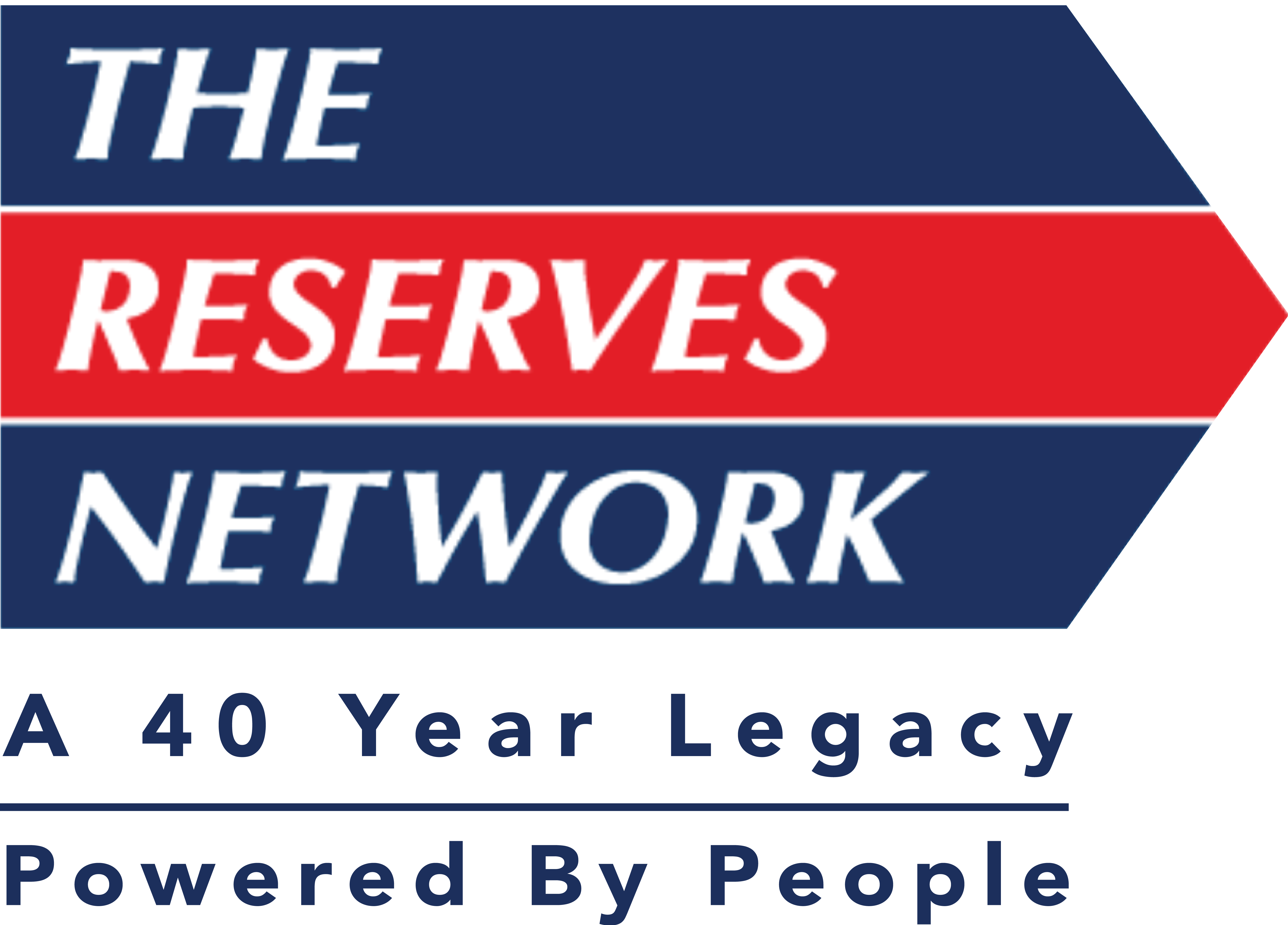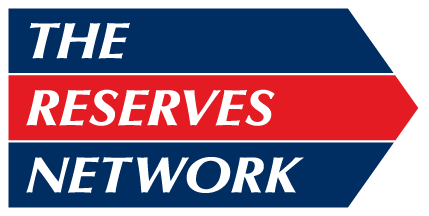5 Effective Strategies for Hiring Remote Leaders
With more companies shifting to hybrid and remote workforces, there is growing demand for hiring virtual leaders. Decision makers must get strategic about identifying candidates with the right skills to keep remote teams engaged, productive, and culturally cohesive. There are certain skills to look for in remote leadership candidates, as well as strategies companies can adopt to maximize the effectiveness of their hiring processes for remote roles.
Must-Have Remote Leadership Skills
Successful remote leadership requires a specific skill set. Top skills to look for and prioritize when evaluating candidates include:
- Strong virtual communication
- High emotional intelligence
- Tech-savviness
- Intrinsic motivation
- Cultural leadership
5 Effective Strategies for Hiring Remote Leaders
Identifying candidates with the right qualities is only half the battle when it comes to recruiting remote leaders. Organizations must also adapt their hiring processes and strategies to attract and retain top remote leadership. Here are five strategies to hire remote leaders who can thrive in today’s digital workplace.
1. Leveraging Virtual Hiring Tools
If you’re hiring a remote leader, your recruitment process itself should leverage virtual tools to evaluate candidates’ remote working capabilities. Virtual interviews, work simulations, and digital assessments offer valuable insights into communication skills and virtual leadership potential.
2. Using Digital Recruiting Sources
Expand your talent pool by tapping into social media, remote job boards, and your own online presence to connect with experienced remote leadership talent.
3. Conducting Cultural Interviews
Engage candidates in meaningful discussions about your company’s vision and values to gauge their alignment. Use this opportunity to assess their ability to embody your company culture virtually.
4. Prioritizing Continuous Learning
Seek out candidates who are eager to develop new digital leadership skills as technologies and best practices evolve in the remote work landscape.
5. Implementing Remote Role-Plays
Incorporate opportunities to role-play into the interview process, like simulating virtual meetings, digital teamwork scenarios, and more. This allows you to thoroughly evaluate candidates’ remote leadership capabilities.
The Future of Remote Leadership
Remote work is not going away. The ability to recruit and retain remote leaders has become imperative for organizations. Companies should adapt their recruiting strategies to focus on candidates who demonstrate the necessary skills: superior communication, high emotional intelligence, technology proficiency, and more.
Prioritizing remote leader recruitment is crucial for ongoing growth and success. By using hiring strategies that assess these key skills, organizations can become experts at finding and hiring the best remote leaders. This will help drive productivity and improve team engagement – even in virtual settings.




